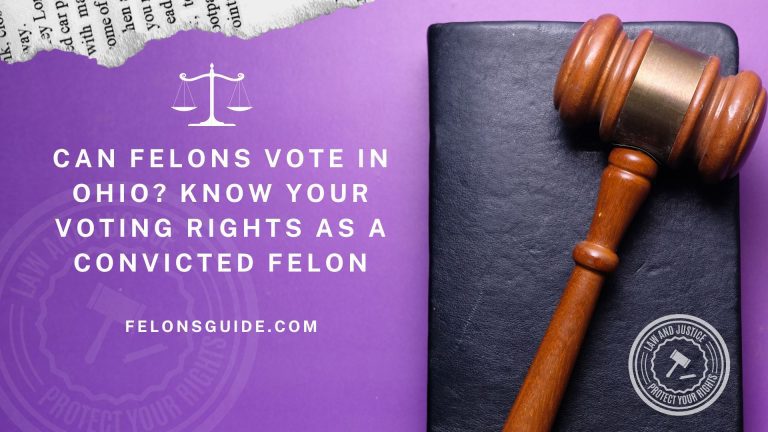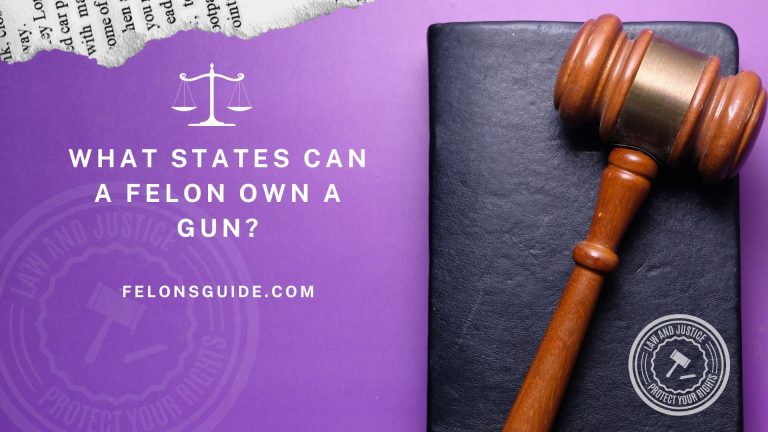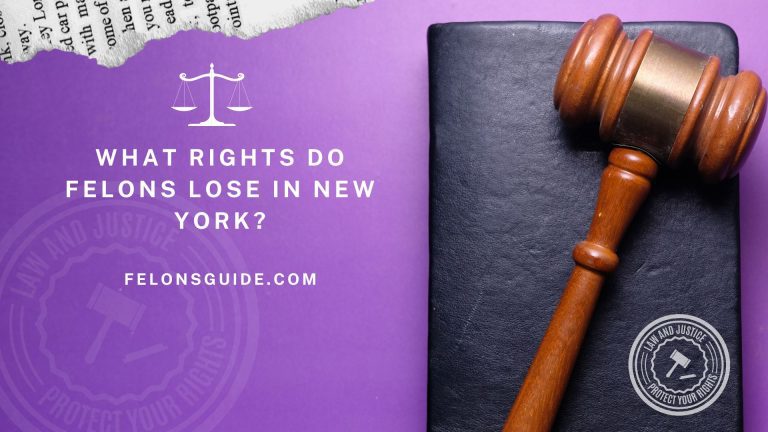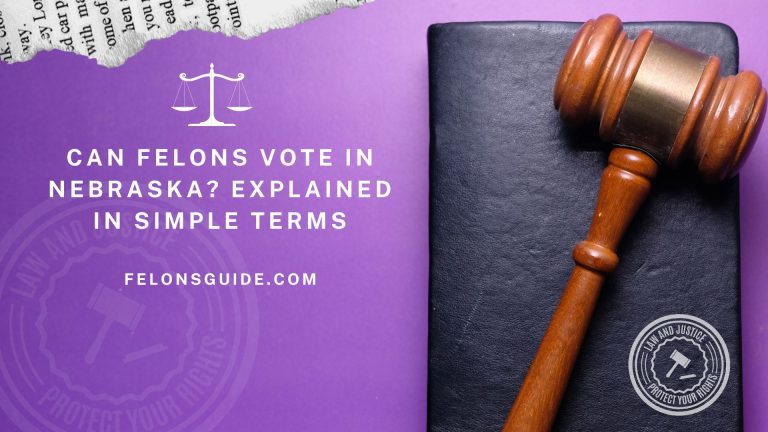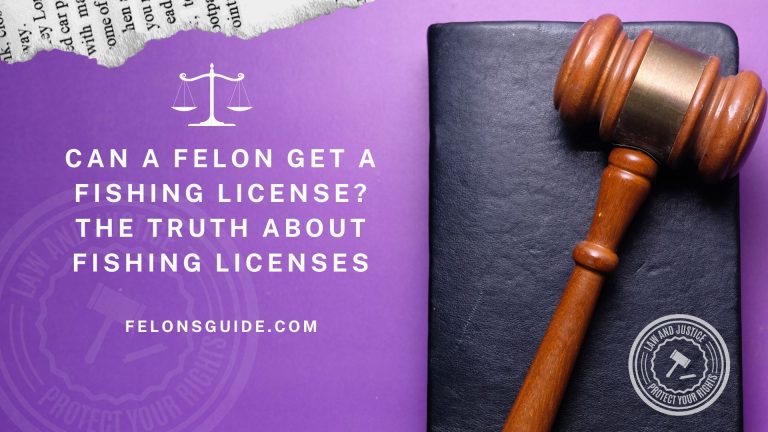Fleeing Felon Rule: What is it? Legal Meaning & Law Definition
The Fleeing Felon Rule is a legal concept that has significant implications in law enforcement. Understanding its legal meaning and law definition is crucial for both legal professionals and the general public. In this article, we will delve into the details of the Fleeing Felon Rule, its historical background, its application in law enforcement, and the ongoing debates surrounding its use.
Background of the Fleeing Felon Rule
The Fleeing Felon Rule has its roots in the common law tradition. It was initially established to provide law enforcement officers with the authority to apprehend fleeing individuals who were suspected or convicted of a felony offense. The underlying rationale behind this rule was to prevent felons from escaping justice and to protect public safety.
Understanding the Legal Meaning
According to the legal definition, a fleeing felon refers to a person who is actively evading law enforcement authorities while being pursued. The Fleeing Felon Rule allows law enforcement officers to use reasonable force, including deadly force if necessary, to apprehend or prevent the escape of a fleeing felon. However, it is important to note that the use of force must be proportionate to the threat posed by the fleeing felon.
Also Read: Can a Felon Drive a School Bus? The answer Will Suprise You!
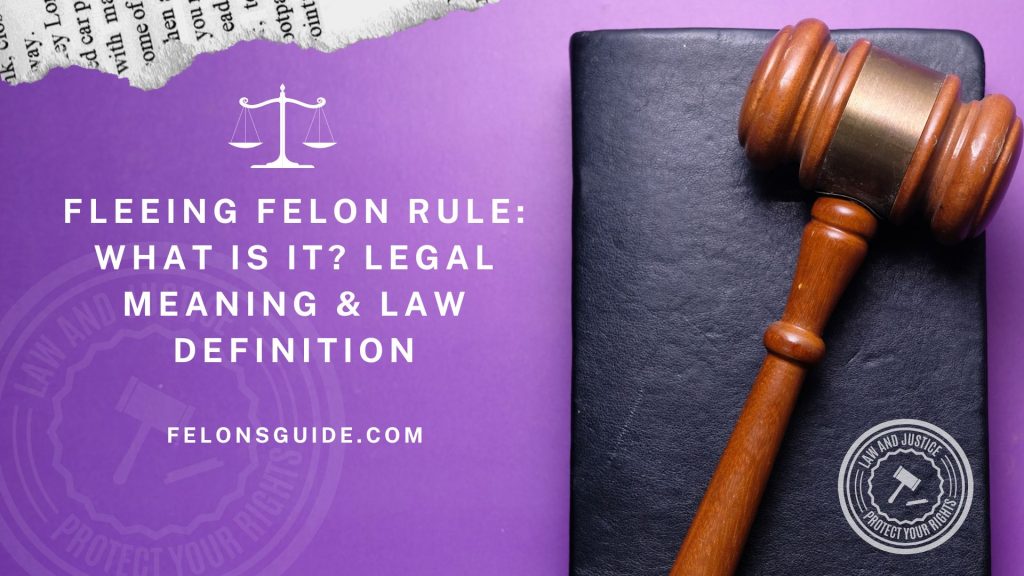
Application of the Fleeing Felon Rule in Law Enforcement
In practice, the application of the Fleeing Felon Rule varies across jurisdictions and law enforcement agencies. Different factors come into play, such as the severity of the crime committed by the fleeing felon, the level of threat posed to public safety, and the availability of alternative means for apprehension. Law enforcement officers are expected to exercise sound judgment and consider these factors before resorting to the use of force.
Case Examples
Several high-profile cases have shed light on the Fleeing Felon Rule and its implications. One notable example is the case of Tennessee v. Garner in 1985, in which the United States Supreme Court placed restrictions on the use of deadly force against fleeing felons. This decision emphasized the need for a reasonable belief that the suspect poses a significant threat of death or serious physical injury to justify the use of deadly force.
Also Read: Can a Felon Become a Freemason? (Find it Out!)
Legal Perspectives and Debates
The Fleeing Felon Rule has been subject to debates and legal discussions. Supporters argue that the rule is necessary to ensure the swift apprehension of dangerous individuals and to maintain public safety. Critics, on the other hand, raise concerns about potential abuses of power, racial profiling, and the infringement of civil rights. There have been calls for reforms and modifications to strike a balance between law enforcement needs and individual rights.
International Perspectives on Fleeing Felons
When compared to other countries, the approach to fleeing felons varies. Some jurisdictions strictly limit the use of force in apprehending fleeing suspects, while others adopt similar rules to those in the United States. International human rights standards provide guidance in this area, emphasizing the importance of preserving life and using force only as a last resort.
Public Opinion and Impact
The Fleeing Felon Rule has garnered significant attention from the public and media. The rule has been a topic of debate, particularly in cases where the use of force has resulted in injury or death. Media coverage and public discourse have played a crucial role in shaping public perception and influencing law enforcement policies.
Recent Developments and Case Law
Over the years, there have been notable developments in case law related to the Fleeing Felon Rule. Courts have further clarified the standards and considerations that law enforcement officers must take into account when using force against fleeing felons. These developments aim to strike a balance between the need for public safety and the protection of individual rights.
Conclusion
The Fleeing Felon Rule has a complex legal landscape with implications for law enforcement and individual rights. Understanding its legal meaning and law definition is essential for informed discussions and debates. As society evolves, ongoing conversations, reforms, and court decisions will continue to shape the application and interpretation of this rule.
